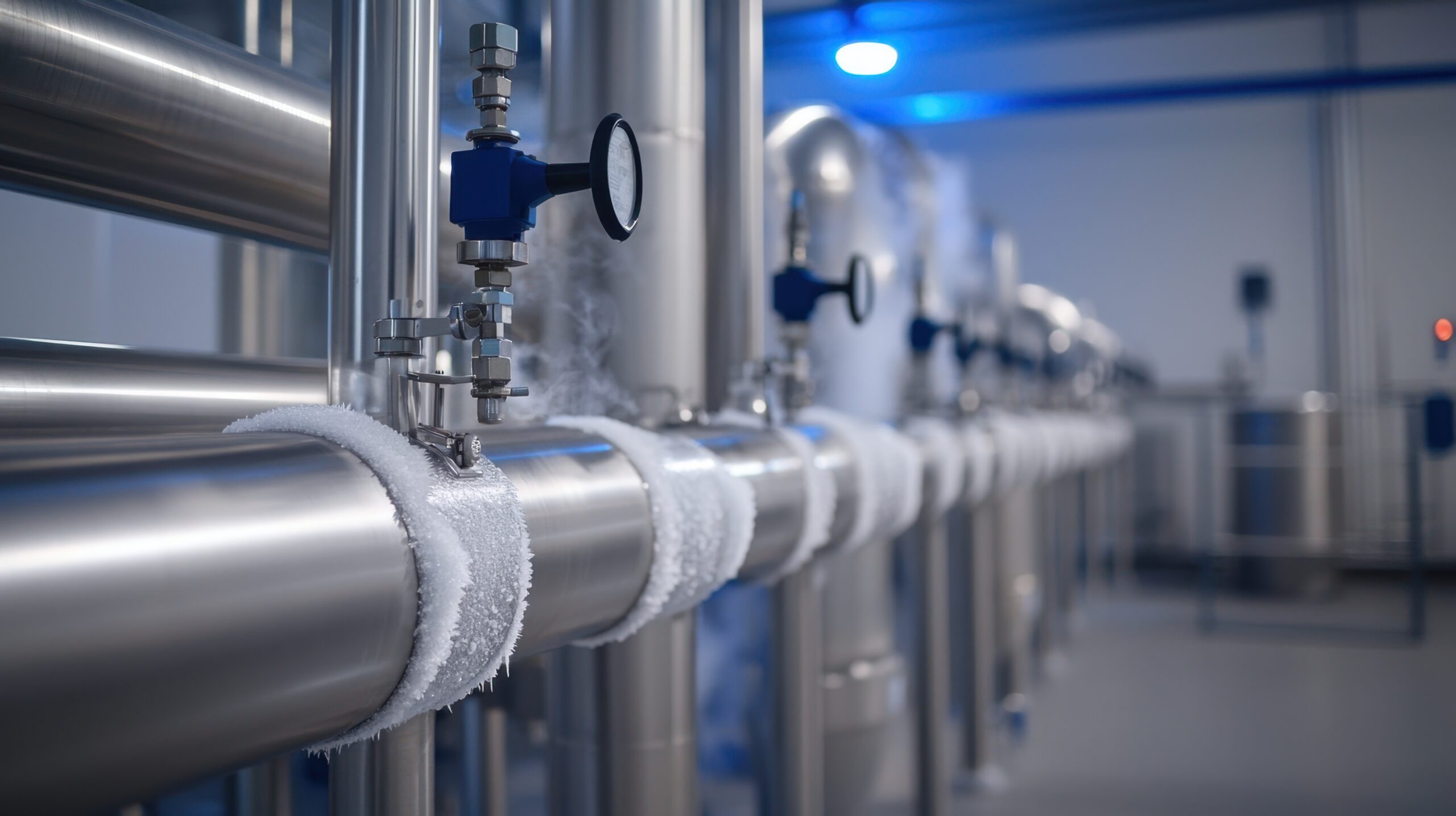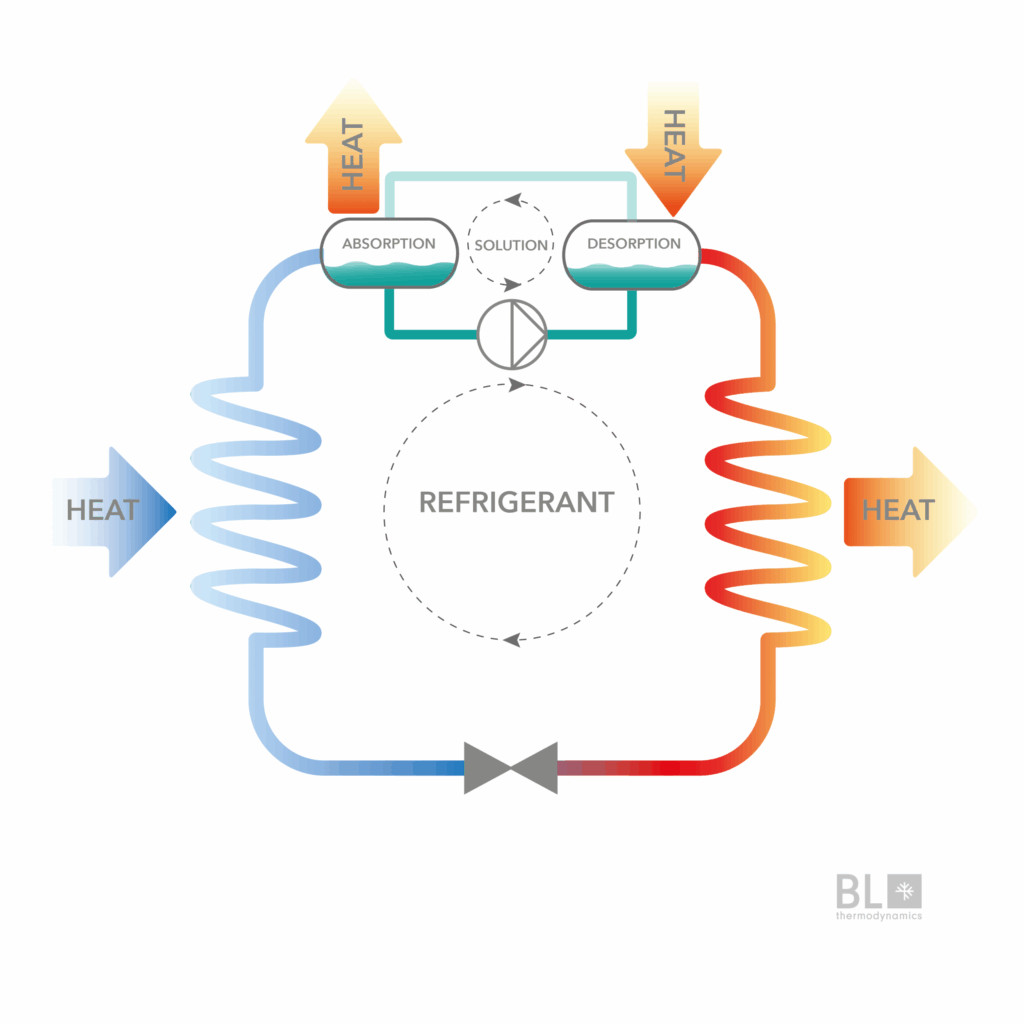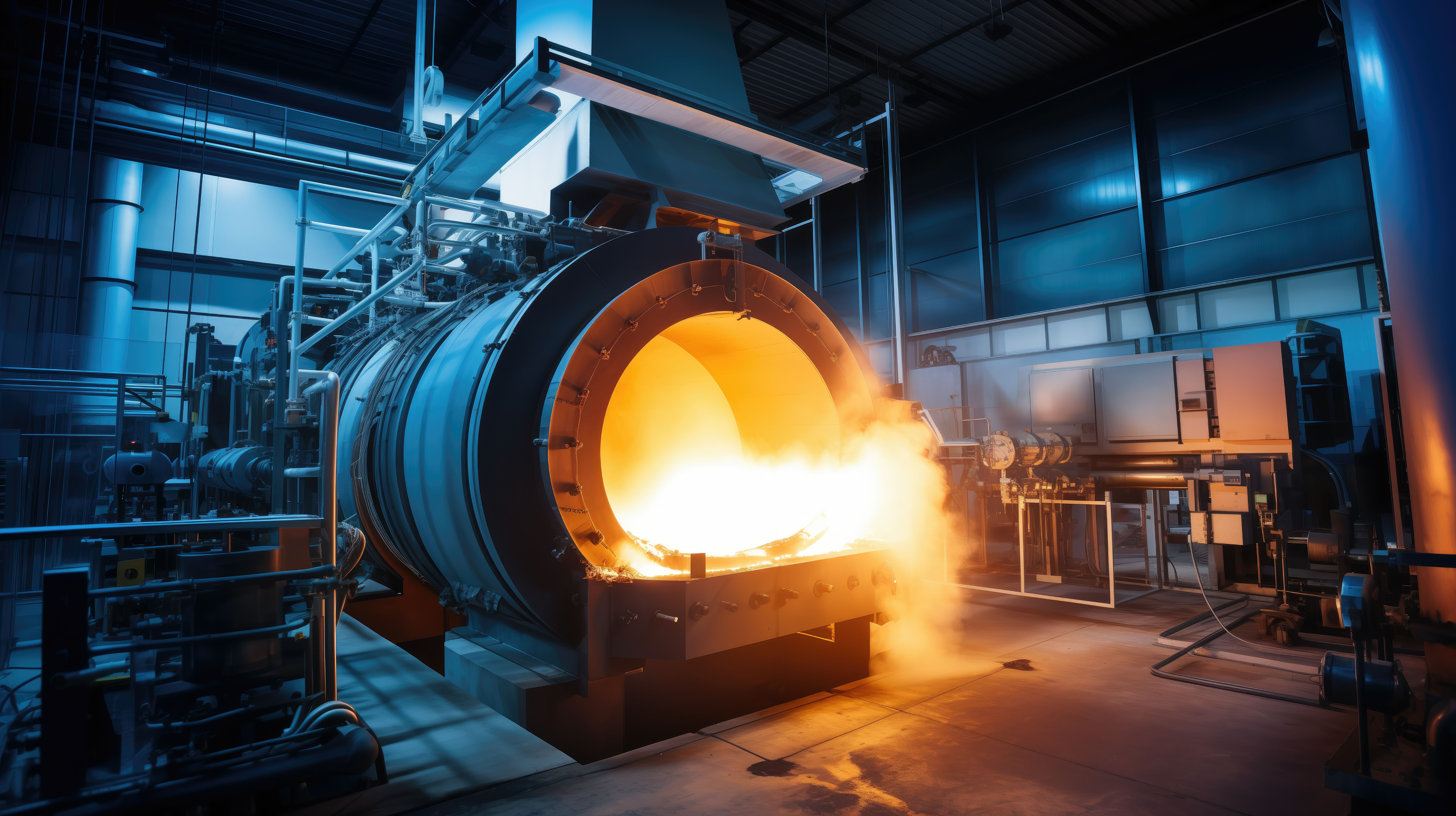
Projet ATHENA
Système de production de froid à partir d’énergie thermique intégrant un éjecteur dans le cycle à absorption ammoniac-eau

Projet coordonné par le CEA
Durée de 4,5 ans
2 millions d’euros de budget
Thèses
Contexte et enjeu
Face à l’augmentation constante des températures mondiales, la demande de refroidissement a explosé dans le monde entier. Les climatiseurs à compression mécanique et les refroidisseurs ont répondu à cette demande, contribuant à une augmentation significative de la consommation d’électricité. L’Agence internationale de l’énergie (AIE) a indiqué qu’environ 20 % de la consommation d’électricité des bâtiments dans le monde est attribuée aux climatiseurs et aux ventilateurs, ce qui accroît les émissions de gaz à effet de serre et de CO2. Une alternative encourageante est l’adoption de refroidisseurs à absorption, fonctionnant avec des sources de chaleur abondantes et durables, comme le rayonnement solaire ou la chaleur des déchets industriels. Le couple d’absorption ammoniac/eau (NH3/H2O) couramment utilisé bénéficie de conditions de fonctionnement à haute pression et température adaptées aux applications à basse température, le point de congélation du NH3 étant de -77 °C.
Bien que les refroidisseurs à absorption ammoniac/eau soient bien connus dans la littérature, des recherches sont encore nécessaires pour améliorer les performances du système lorsque les refroidisseurs doivent fonctionner dans des conditions difficiles, en particulier dans les climats chauds (> 40 °C). Dans ces conditions, le principal facteur limitant les performances est la capacité d’absorption, qui diminue considérablement lorsque la température ambiante est trop élevée pour permettre l’absorption de la vapeur d’ammoniac dans la solution à une pression relativement faible.
Objectifs scientifiques
Le projet ATHENA vise à développer un refroidisseur innovant en améliorant le cycle d’absorption ammoniac/eau par l’intégration d’un éjecteur. Pour augmenter les performances, l’éjecteur intégré utilise une partie de la vapeur de réfrigérant à haute pression du générateur pour entraîner et comprimer la vapeur de réfrigérant à basse pression de l’évaporateur. La vapeur sortante arrive à l’absorbeur à une pression intermédiaire, ce qui permet d’augmenter la capacité d’absorption par rapport au cycle classique sans éjecteur.
A la fin du projet, nous visons une validation au TRL4 avec le développement d’un prototype pour la production de froid à l’échelle 5-10 kWth. Pour atteindre cet objectif, le projet propose de mener des recherches sur différents aspects :
- Développement d’un nouvel éjecteur fonctionnant avec de la vapeur d’ammoniac et d’eau pour améliorer les performances du refroidisseur à absorption de base
- Développement d’un prototype d’absorption innovant avec analyse thermodynamique pour
- étudier les impacts de l’éjecteur sur la conception, les performances et le fonctionnement du refroidisseur
- Cartographie des applications potentielles et analyse technico-économique du refroidisseur intégré dans un réseau de chauffage urbain ou industriel.
Le consortium



